Intel has designed its latest server chips to provide the building blocks to modernise “legacy data centres” by providing more processing cores, throughput and power-saving features.
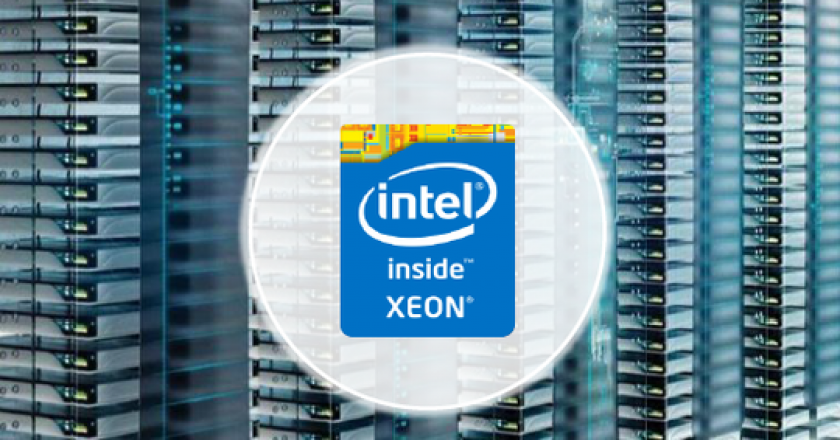

Intel has designed its latest server chips to provide the building blocks to modernise “legacy data centres” by providing more processing cores, throughput and power-saving features.

Big Data can be extremely useful, or equally as tedious. With the world generating more and more data, businesses need the tools to tame this beast.

Online Editor James Dartnell says shadow IT is something CIOs should use to their advantage, and should not be feared.

In addition to dealing with cybercriminals and hacktivists, enterprise security managers must pay increasing attention to avoid becoming collateral to nation-state cyber-warfare. Do recent high profile attacks on the region indicate that Middle Eastern businesses are at greater risk of attack, and what damage can cyber warfare inflict?
Anand Choudha, MD, Spectrami, discusses what is involved to implement and build an effective channel strategy.

A U.S. judge has denied Apple’s request for a permanent sales ban in a patent infringement lawsuit against Samsung in California.
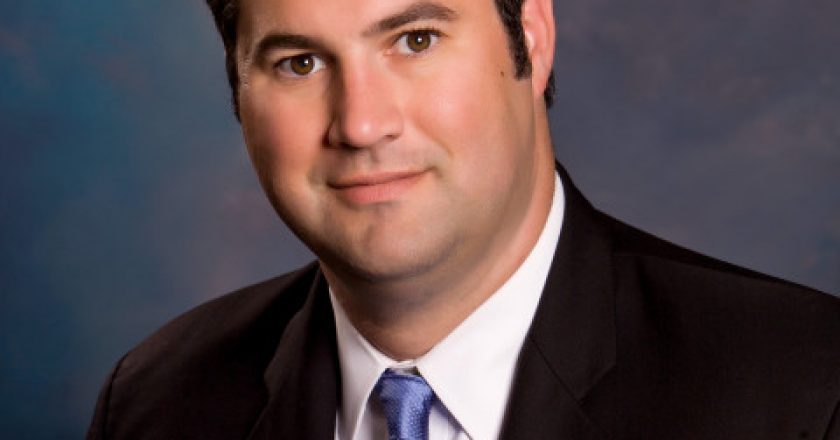
Brian Kenyon, Chief Technology Strategist, McAfee, a part of Intel Security, follows a “define-freeze-fix” approach to eradicate malware, and is confident that his company is well positioned to deal with today’s ever-evolving threat landscape.
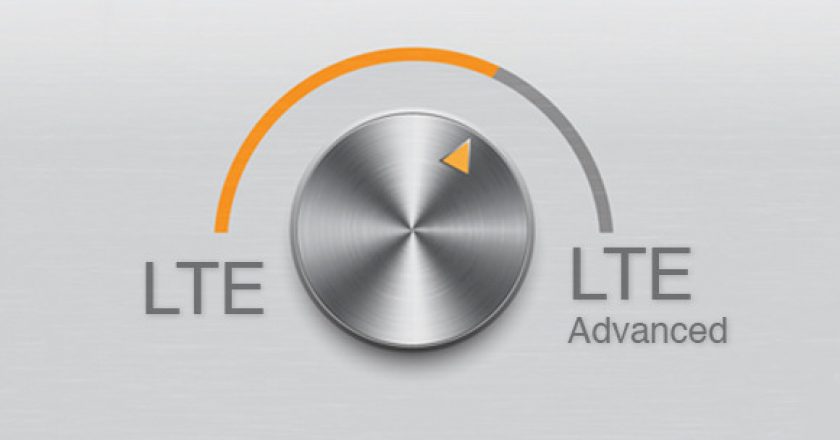
Commercial LTE-Advanced is fast hitting the telecoms market. The next major step in LTE networks, LTE-Advanced is said to help assuage the massive increase in demand for mobile data as well as deliver much higher data speeds for all. That means better coverage, stability and speed.
Value-added distribution has been a buzz word in the last few years with everyone aspiring to be one. However, what constitutes to be a VAD differs from payer to player. Reseller Middle East looks into what it takes to be a true VAD.
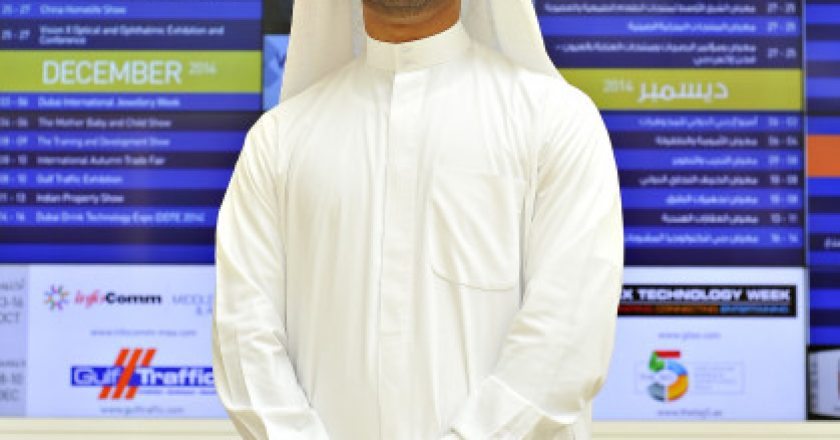
With an undeniable dedication to world-class service for its countless visitors, vendors and exhibitors, Farid Farouq, Vice President, IT, knows the Dubai World Trade Centre must stay on the cutting edge of technology. When it came time for an infrastructure upgrade, Farouq knew it would not be a small task.

With cybercrime an ever-present danger, hackers around the world attack user data for financial and political gain. But they are not all bad. CNME takes a look at the mindset of hackers good and evil, and how they constantly ask questions of governments and top companies.

The cyberspace conflict in the Middle East – particularly Syria – is intensifying as sides exploit malware in a bid to gain advantages, according to Kaspersky Lab’s latest threat research.
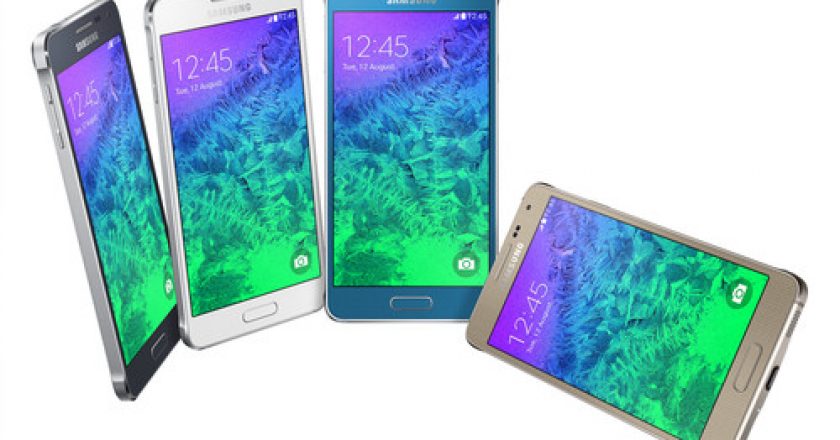
Samsung has launched its new Galaxy Alpha with a metal frame, in a bid to boost sales after the plastic …
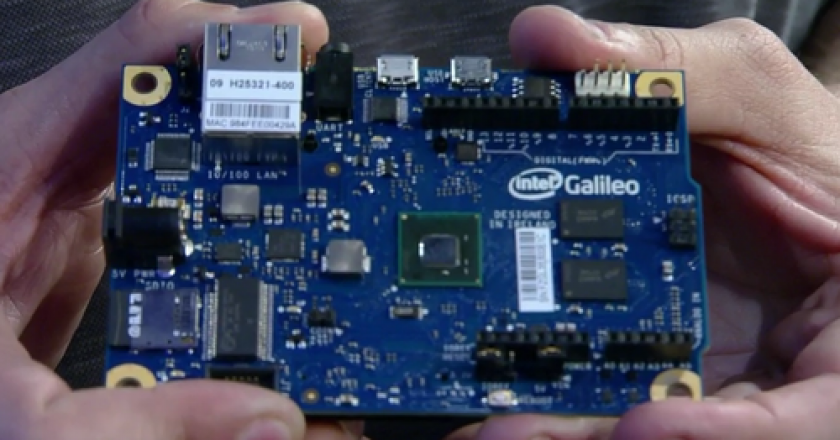
Hoping to cover all its bases in the emerging Internet-of-Things market, Microsoft is proffering a helping hand to “makers,” DIYers, …
According to the agreement, StorIT will promote and distribute ATTO’s complete range of end-to-end solutions across the Middle East and India markets.
Tarun Nandi, Director, Blue Bell Computers, says employee turnover and credit issues in the channel are interconnected.

Moving virtual servers around a hybrid cloud environment isn’t hard, but managing the data is. That’s why NetApp wants to be “the enterprise data-management standard across the enterprise,” says CEO Tom Georgens.
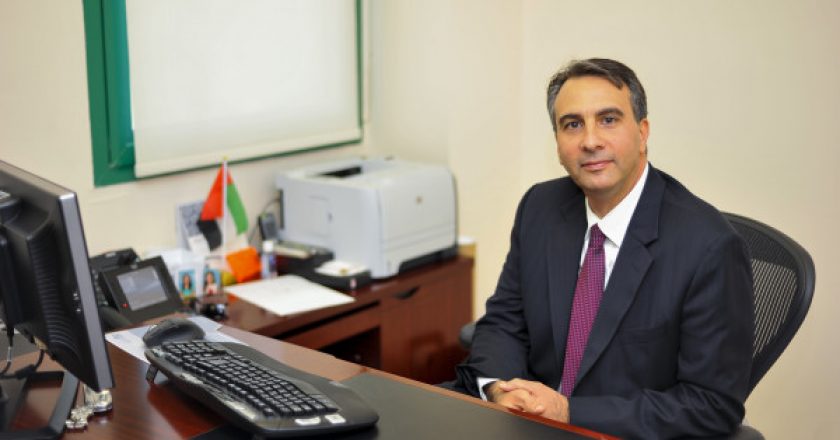
Ahmed Yahya, Chief Information Officer, Sheikh Khalifa Medical Centre, takes time out to speak to CNME about his career journey which led him to the Abu Dhabi firm.

Florian Malecki, EMEA Product & Solutions Director, Dell, discusses how partners can take advantage of the opportunities present across business units, thanks to the integration of the SonicWall programme.
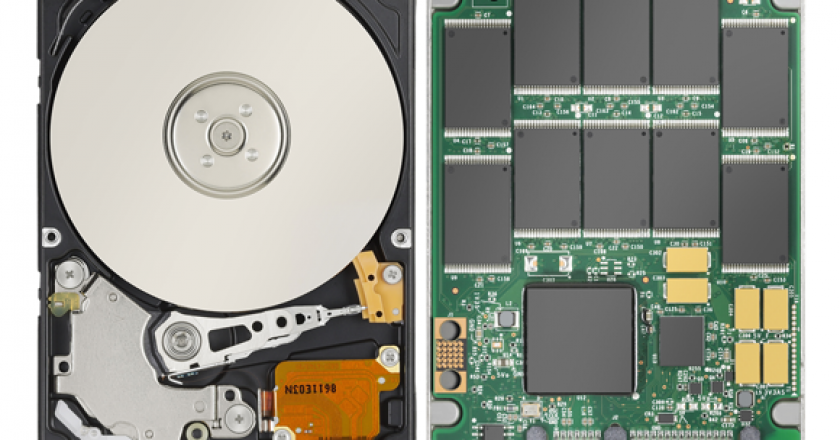
IT managers around the world are falling in love with SSDs (solid state drives) in enterprise servers because they solve two major headaches: they run fast enough to replace multiple HDDs (hard disk drives) and they help reduce the electric bill.